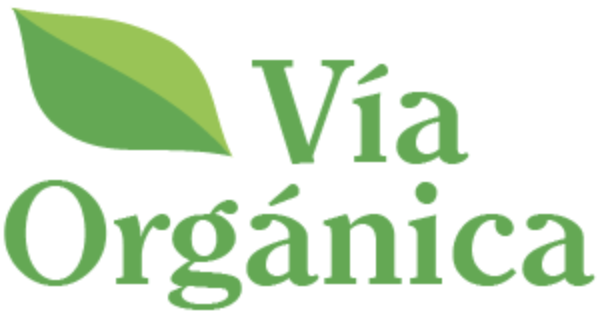By Molly Blakemore
In May Via Organica celebrated the one-year anniversary of our organic grocery store and affiliated restaurant, our organic farm school, and our website. Many of you are probably familiar with one or another of our projects here in San Miguel. Perhaps you shop at our store in the Guadalupe neighborhood (Margarito Ledesma #2) or have attended an organic farming workshop (at the greenhouse in the Parque Landeta), or visited our booth at the San Miguel Eco-Fair in March. But many of you may not know about the full range of our work locally and throughout Mexico.
Working in conjunction with progressive local officials, as well as dozens of small farmer, organic, and environmental networks, Via Organica (VO), is rapidly becoming a leading force in the organic movement in Mexico. Via Organica’s successful projects include a thriving full-line organic food store, organic wholesale business, and restaurant in San Miguel de Allende, which employs 25 people and buys organic food from over 100 regional small farmers; an ongoing organic agriculture school for small farmers that has already attracted over 500 farmers from all over Mexico; a model organic farm plot and greenhouse; a forthcoming organic farmers market; and a public education outreach program utilizing Via Organica staff and visiting speakers, newspaper articles, radio, public events, and the internet.
On March 19-21 Via Organica co-sponsored a major Eco-Fair (Expo Feria Ambiental) in San Miguel, which attracted thousands of participants and visitors interested in organic food and farming, solar and wind energy, and green building and permaculture practices. The fair was a huge success, demonstrating that with the support of Mayor Nuñez and her administration the “organic way” message has the potential to spread, not only across the municipalidad, but all of Mexico.
Via Organica’s daily updated Spanish website www.viaorganica.org is up and running. After this inaugural issue of VO¹s bi-lingual Spanish and English language, electronic newsletter, Boletin Via Organica will continue to go out every month to thousands of green-minded consumers, students, and farmers across Mexico. Via Organica has joined an initiative sponsored by Consumers International (CI) and Colectivo Ecologista Jalisco (CEJ) called “Ciudades Semilla” or “Seed Cities”.
The November 2009 meeting brought together a network of like-minded individuals in cities across Mexico and Latin America that are determined to change the way cities deal with major environmental issues such as transportation, energy use, consumption, garbage, water, and food. Via Organica is also in the process of becoming an affiliate member of Consumers International, which has member groups in 100 countries.
In mid-April, several Via Organica staff members traveled to Cochabamba, Bolivia for the World People’s Conference on Climate Change and the Rights of Mother Earth. More than 35,000 delegates from social movements and organizations from 140 countries participated in this “grassroots climate summit,” organized as an alternative to the failed Copenhagen Climate talks.
Via Organica and hundreds of other groups are now planning for demonstrations and teach-ins at the next UN Climate Summit in Cancun, Mexico (November 29-December 10, 2010), billed as the next round of Copenhagen. Via Organica plans to organize a sizeable delegation of North American organic consumers and farmers to attend the Alternative Climate Summit in Cancun. If you are interested is being part of the Via Organica delegation, please contact us.


